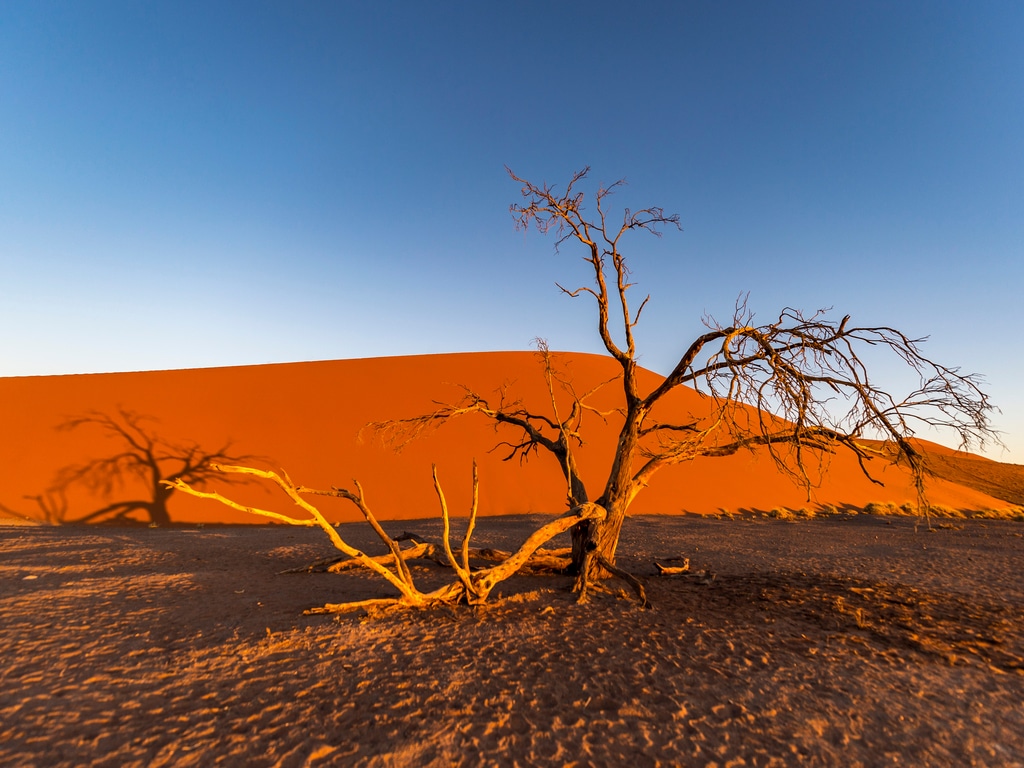Africa and Europe are confronted with a growing number of common challenges, including adaptation to the effects of climate change and digital transformation. In order to address these common challenges, the European Union (EU) is proposing a new strategy to the African, Caribbean and Pacific Group of States. It focuses on the ecological and digital transition. This new approach was unveiled on March 9, 2020 in an official communication from the European Commission and the High Representative of the Union for Foreign Affairs and Security Policy. “The strategy presented will enable us to move forward and take our partnership to the next level. Africa is the EU’s natural neighbour and partner. Together we can build a more prosperous, peaceful and sustainable future for all”, says Ursula von der Leyen, President of the European Commission.
How will the ecological transition take place in practice?
In order to effectively combat the effects of climate change, the EU is proposing to its African partners to develop a green growth model, guarantee access to renewable energy, protect biodiversity and natural resources. It also proposes improving the business environment and the investment climate. “To achieve sustainable development goals, the EU and Africa must choose a low-carbon, resource-efficient and climate-resilient future, in line with the Paris agreement,” says the EU. The European Commission also stressed the need for African countries to take into account young people and women and their potential as drivers of change.
The EU’s proposals are set out in a document. They complement the Joint Africa-EU Strategy of 2007. Europe will start discussions with its African partners with a view to developing a new Joint Strategy. The new policy will be presented at the EU-AU Summit in Brussels in October 2020.
Inès Magoum
